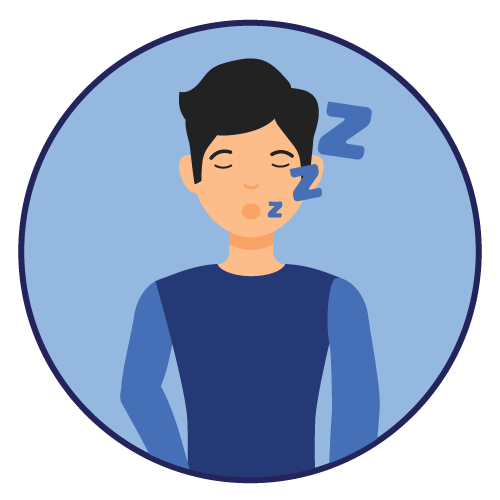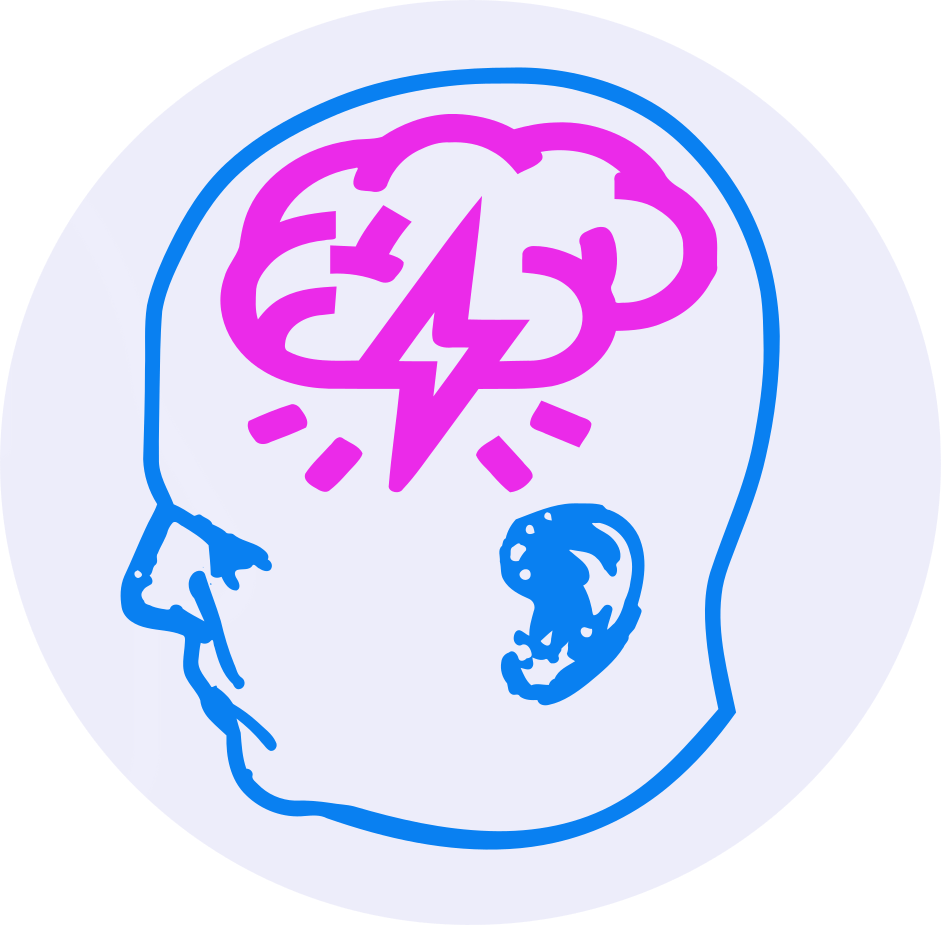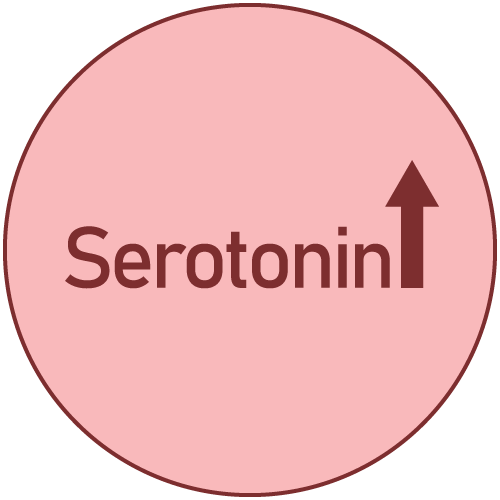| Name | Citalopram Hydrobromide |
| Classes |
Central Nervous System Agent Psychotherapeutic Agent |
| Diseases |
Depression Mental Disorder |
Citalopram Hydrobromide
Citalopram HBr is a selective serotonin reuptake inhibitor that is used orally (SSRI). Citalopram HBr's antidepressant mechanism is thought to be linked to potentiation of serotonergic activity in the central nervous system (CNS) as a result of its suppression of serotonin neuronal reuptake (5-HT). Citalopram is an SSRI that has little effects on norepinephrine (NE) and dopamine (DA) neuronal reuptake.
Citalopram HBr is indicated for the treatment of depression-
Citalopram should be administered once daily, in the morning or evening, with or without food.
Initial treatment: Citalopram HBr should be started at a dose of 20 mg once a day and gradually increased to a maximum dose of 40 mg once a day over the course of one week. Because of the danger of QT prolongation, doses greater than 40 mg/day are not suggested. Furthermore, the only trial that looked at dosage response for effectiveness found no benefit for the 60 mg/day dose over the 40 mg/day level.
Patients over 60 years of age: The maximum daily dose is 20mg per day. The same dosage is recommended for patients with hepatic impairment, and for CYP2C19 poor metabolizers or those patients taking cimetidine or another CYP2C19 inhibitor.
The following side effects were reported with the drug-
- Nausea
- Dry mouth
- Dizziness
- Insomnia
- Somnolence
- Agitation
- Clinical Worsening and Suicide Risk: Whether or not they are taking antidepressant medications, patients with major depressive disorder (MDD), both adult and pediatric, may experience worsening depression and/or the emergence of suicidal ideation and behavior (suicidality) or unusual changes in behavior, and this risk may persist until significant remission occurs. Depression and other psychiatric diseases are recognized to increase the risk of suicide, and these conditions are the strongest predictors of suicide.
- All patients using antidepressants for any reason should be regularly monitored and examined for clinical deterioration, suicidality, and unexpected changes in behavior, particularly during the first few months of treatment or at times of dose changes, either increases or decreases.
- QT-Prolongation and Torsade de Pointes: Citalopram causes dose-dependent QTc prolongation, an ECG anomaly linked to Torsade de Pointes (TdP), ventricular tachycardia, and sudden death, all of which have been documented in citalopram post-marketing studies.
Contraindication
- Contraindicated in patients hypersensitive to any component of the medication.
- Co-administration with Monoamine oxidase inhibitors is contraindicated, such as-
- Concomitant use in patients taking pimozide is contraindicated.
None known.
 Bangla
Bangla English
English






